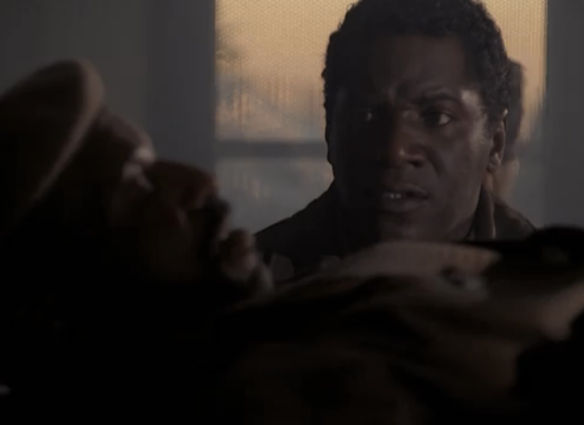“Remember that this is 1999. I mentioned eschatology before, but this is something new. We’re now nearing the millenium— something wildly important to culture, both ‘pop’ and ‘serious.’ COMING SOON: The end of the world. And the internet is growing faster than we thought. Changing us in ways we’d never dreamed. It’s a time for wonder, no doubt about it. But it’s also a time for fear, for worry. How will this change us? What will our future hold?
And, truth be told, a future where “Net Worth” proves prescient isn’t that unbelievable. Really, what “Net Worth” does is paper our future with glam spectacle. It’s a glittered fortune. There aren’t many episodes of Sliders where you can say “oh man, that’s so close to us.” The very nature of the show usually denies us this. That may actually be the greatest failing of the show— that it shows us things perhaps too removed from our own familiarity.
When was the last time we could say that Sliders guessed right? “California Reich,” I guess. But then, of course, it tempered its futurism with sci-fi schlock. What, then? “The Weaker Sex?” Probably, in its own bizarrely sexist way. I understand that the point of the show is to show what could be, but there’s no point in showing that if you don’t relate it to now. Right?
Which brings us, of course, to “World Killer.” The episode that shows us a barmy science fiction tragedy but plays it for the emotion. But the secret triumph of “World Killer” is that the science fiction tragedy is completely recognizable to us. Overpopulation has been a threat to our world for as long as any of us can remember. “World Killer” shows us what it would be like.
Which is to say, horrible.
Surely that’s the way to approach this show.
The show disagrees with me, of course.. But still, I’m dithering.”





